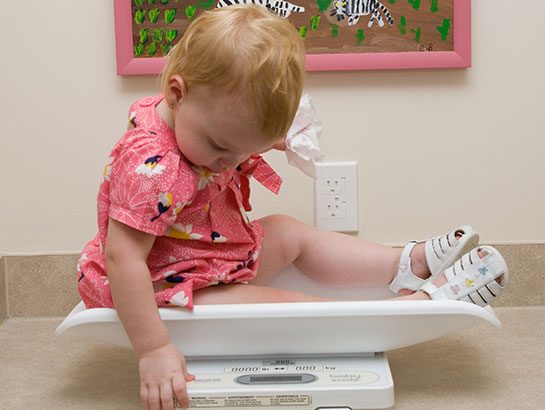- Serve as health provider for well and sick children from newborn through adolescence.
- Perform wellness and health maintenance examinations.
- Perform developmental screenings.
- Diagnose and treat common childhood illnesses.
- Provide anticipatory guidance regarding common child health concerns.
- Provide childhood immunizations.
- Perform school physicals.
A Pediatric Nurse Practitioner (PNP) is a nurse that holds an advance degree, usually Master’s of Science in Nursing, to practice as a nurse practitioner. This advanced training allows a nurse practitioner to perform physical examinations, diagnose and medically manage common childhood illnesses, and teaching with focus on disease prevention. A PNP holds a nursing license from the State Board of Nurse Examiners with a specialty designation that a PNP receives prescriptive authority and is allowed to prescribe medications to treat childhood illnesses. A PNP works in collaboration with a pediatrician in most settings. Many of the skills of a PNP straddle both the role of a nurse (assessments, histories, diagnosis, and teaching patient/families) and the role of a physician (order diagnostic exams, order medications, treat medical diseases and patient/family education). Scope of practice of a PNP:










